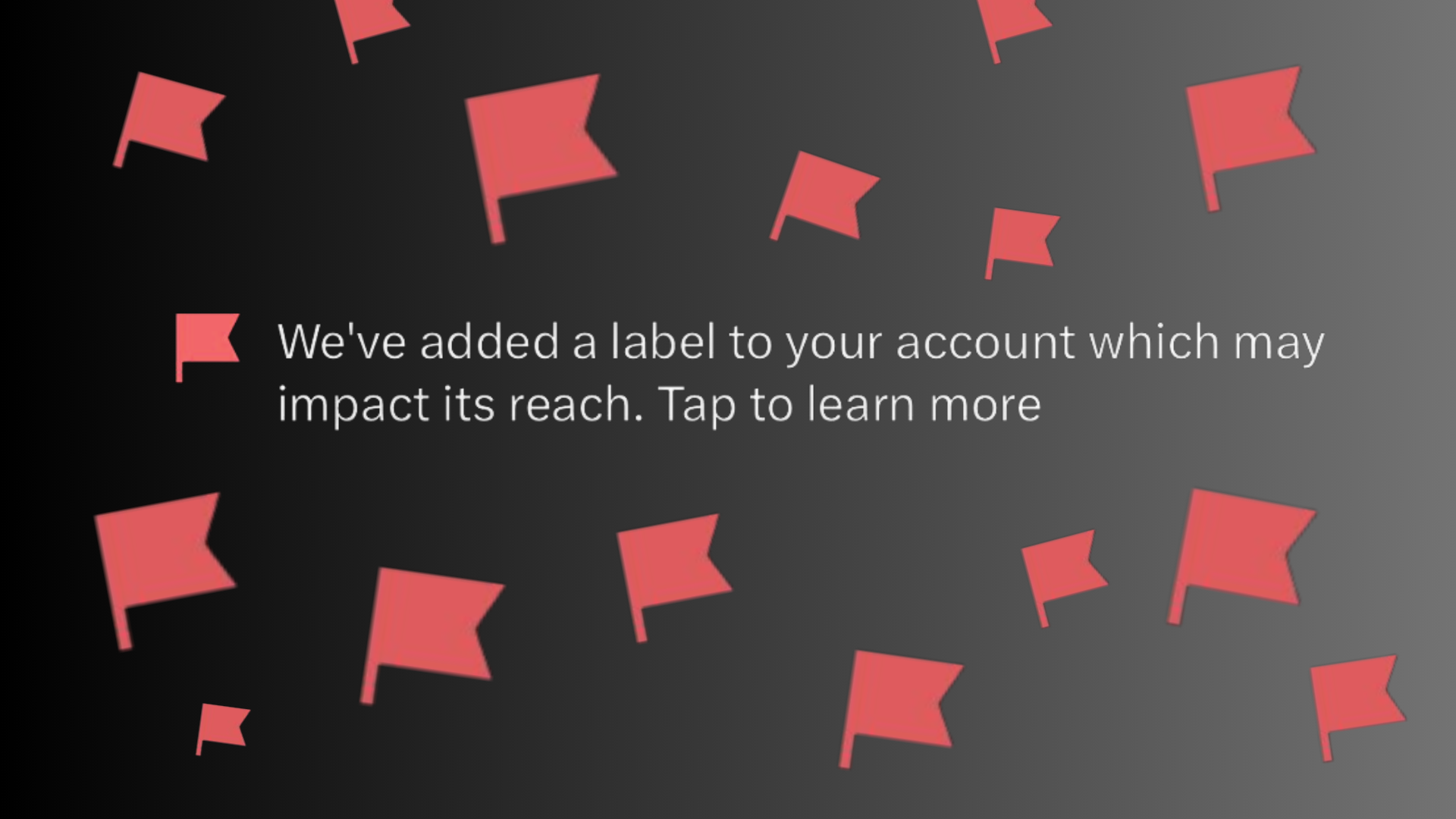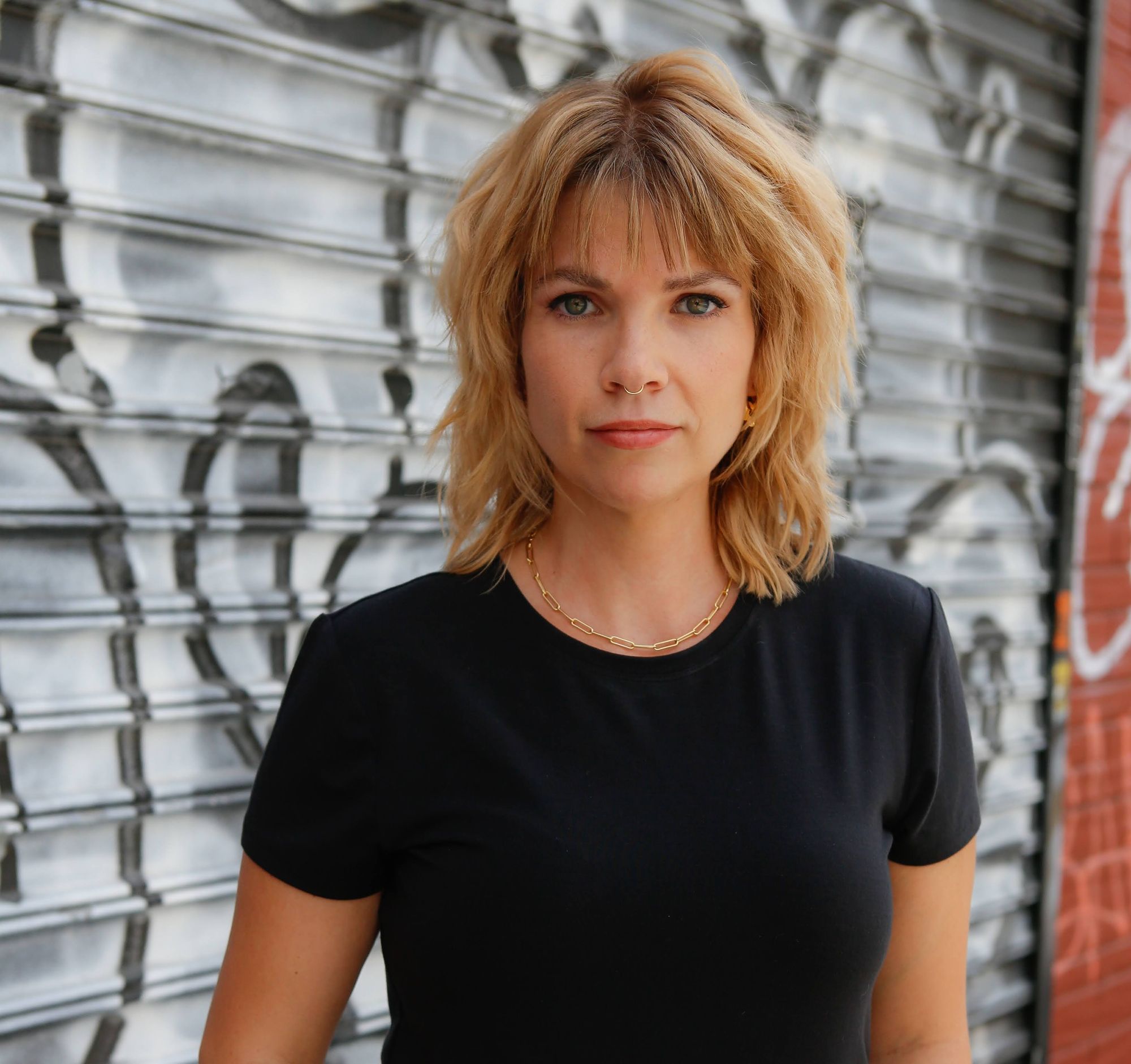Many sex workers and adult content creators on X, formerly Twitter, recently saw an odd notification when they logged into their accounts: “We’ve added a label to your account which may impact its reach.”
Tapping the notification showed a message about how their content’s reach would be limited by the site: “We have found that your account potentially contains sensitive media — such as graphic, violent, nudity, sexual behavior, hateful symbols, or other sensitive content.” The message says that their posts will be covered by a warning, and the reach of their account and its content “may also be restricted, such as being excluded from the For You and Following timelines, recommended notifications, trends, and search results.”
Not even people who directly follow affected users would be able to see their content in their timelines, according to this message.
Limiting reach for sensitive content on the platform isn’t new, but the sudden surge of people getting this notification, and being forced into this category, shows how adult content creators are at the mercy of platform choices being made in black boxes, with their livelihoods being impacted without warning on an internet that’s increasingly hostile toward their existence.
Several of the people I spoke to who got this notification told me that their accounts were already marked as sensitive, and had been for some time. Last year, Twitter launched a feature for adding sensitive content warnings to individual tweets. If you share sexual content often, Twitter requires you to mark your entire account as “sensitive.”
Alexandra Snow told me she got the notification on her safe-for-work account, which she keeps separate from her NSFW fem dom content account.
“I've been marked that way for 5+ years and it was pretty devastating. No one has seen my posts, the tiniest amounts of engagement,” she told me. “I fully cleaned my account earlier this year when I started my nonprofit (the Autonomy Project) and started using a secondary account for spicy things, and that account got 10x the views even though it was obviously adult. I've emailed and put in dozens of support tickets, no response. I pay for Blue, no impact.”
Snow got a notification that she could appeal the sensitive content demarcation, which was approved, but said it seemed to be by pure chance that she was given the option.
“This is yet another assault on consensual sex work, but also basic human sexuality, to appease an increasingly cowardly class of advertisers and marketers"
Adding to the confusion, no two users’ experiences with this change are the same: some I talked to said they’ve noticed a significant drop in reach and engagement on their tweets, while others aren’t sure the flag did anything at all. “I'd go as far as to say it's cratered,” Boarlord, a porn game developer, told me about her reach on Twitter after she got the notification. “I can't seem to make a dent in engagement anymore.” Ironically, she’d just posted about taking a break from filming porn, she said, when the notification appeared.
Blue, the paid subscription option launched in 2021, was advertised as a way for users to get verified and boost engagement, but many sex workers who bought it recently told Techcrunch that they saw no difference before and after paying for Blue.
Last month, Rolling Stone noted that the "added label" notification started becoming more widespread, even as the site hosts massive amounts of misinformation and hate speech that's seemingly free to go viral. On Wednesday, Musk tweeted in agreement with an anti-Semitic conspiracy theory, calling it "the actual truth" and making go wildly viral. Twitter, like many mainstream social media platforms today, seems to have horse blinders on for what is actually driving advertisers away and causing mass exoduses of users from their services, and it's not pictures of boobs.
In August, the company announced “sensitivity settings” for advertisers, which is set to avoid running ads alongside content that’s explicitly sexual by default.
“Sensitivity Settings uses machine learning to reduce adjacency to varying levels of content according to a brand’s sensitivity threshold in an upcoming campaign,” the company said in a blog post about the new settings. “Brands can then select their preferred environment that best meets their individual campaign objectives.”
I asked Twitter what the notification so many adult creators are getting really means, and got an automated response from a no-reply address to “check back later.” (Twitter hasn’t replied reliably to press requests since Musk’s takeover; nowadays, instead of the old poop emoji, emails are auto-replied with “Busy now, please check back later.”) So it’s not clear whether this new spate of setting changes is due to these new “sensitivity settings” for advertisers. However, as we’ve recently reported, advertisers are preoccupied with not having their ads displayed next to controversial or sexual content.
“This is yet another assault on consensual sex work, but also basic human sexuality, to appease an increasingly cowardly class of advertisers and marketers,” Boarlord said. “The people being tagged aren’t just sex workers like myself, but furries, artists, your average gay bear sharing nudes for clout. And for what? A fear that a brand might appear next to a lone breast? Sex workers have warned people this would happen for years. It’s a tragedy and a farce."
The automated system for detecting what is “sensitive” is also just often wrong: The band The Kinks had its account marked as sensitive earlier this year, seemingly because of its name. (The Kinks is not posting porn.)
For years, Twitter has been one of the last remaining social media platforms that allows adult content alongside everything else, but that doesn’t mean it’s always been hospitable to sex workers. “The Twitter before Musk’s takeover was no safe haven for sex workers, either. Even then, the platform barely tolerated us. But compared to Instagram and TikTok, we could advertise our services on Twitter in relative peace,” Boarlord said.
The site’s been bleeding advertisers since Elon Musk bought it in April 2022, with hate speech and misinformation running more rampant than ever. But porn has always been a huge part of Twitter’s popularity, and sex workers are arguably a big reason why a lot of people stay on the site.
“My main worry is just that this is the first step to something they're planning to implement later, which likely won't be good for adult-content creators,” @denimfurrysmut, who also got the notification, told me in a DM.


